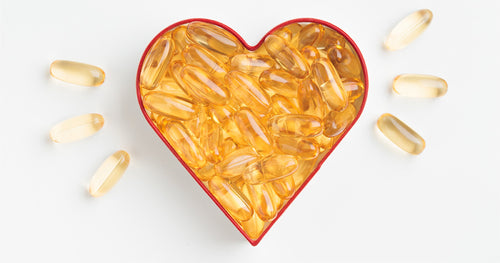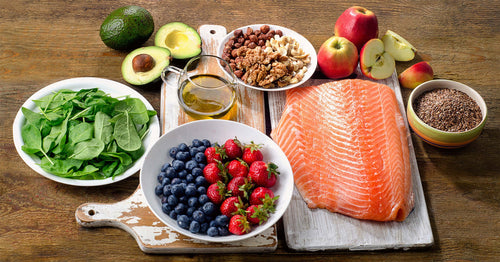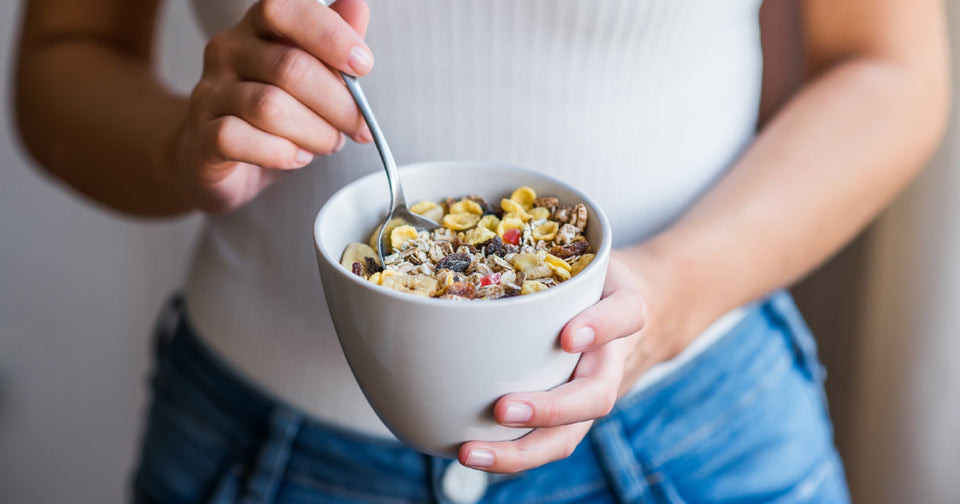
CoQ10 is a compound found in almost every cell in our body. Its presence everywhere explains its chemical name "ubiquinone," derived from ubiquitous.
CoQ10 is a coenzyme, meaning it helps enzymes work more efficiently. Enzymes are agents that cause things to happen in our cells. Among the most important effects of CoQ10 is the role it plays in energy production. This takes place in organelles inside of our cells, called mitochondria. CoQ10 supports mitochondrial function and the production of ATP (adenosine triphosphate). ATP is energy. It's the fuel that powers our cells. Because of the role CoQ10 plays in the production of energy and because it's everywhere, I think of it as the spark of life.
CoQ10 Health Benefits
The heart is especially energy hungry. Our heart muscle cells need a steady supply of ATP and oxygen to do their work. Heart muscle cells enable the heart to beat 100,000 times in the average day. Over the course of a year the heart beats about 35 million times. And in a lifetime, the heart beats around 2.5 billion times. That’s a big job that requires a lot of energy. So, simply from an energy standpoint CoQ10 is supremely important for the health of the heart. But the relationship of CoQ10 to heart health doesn’t stop there.
CoQ10 supports a healthy, stable heart rhythm. An irregular heart rhythm makes it harder for the heart to pump blood. CoQ10 improves exercise capacity, increasing the ability of the heart and lungs to circulate the blood to deliver life-giving oxygen to cells, tissues, muscles, and organs.
CoQ10 is a powerful antioxidant. Antioxidants protect our body from the harmful effects of free radicals. It also increases superoxide dismutase, an enzyme that neutralizes superoxide. Superoxide damages nitric oxide, a compound needed for blood vessel dilation. Supporting blood vessel dilation means improved circulation. Another result of better blood vessel dilation is the support of blood pressure levels within the normal range.
CoQ10 levels begin to decline as we reach mid-life. Supplementation allows us to improve CoQ10 levels. Be aware that some heart medications may deplete CoQ10. Read your medication inserts to see if any of your medications have this effect. If they do, your doctor will probably suggest supplemental CoQ10 to correct the depletion.






